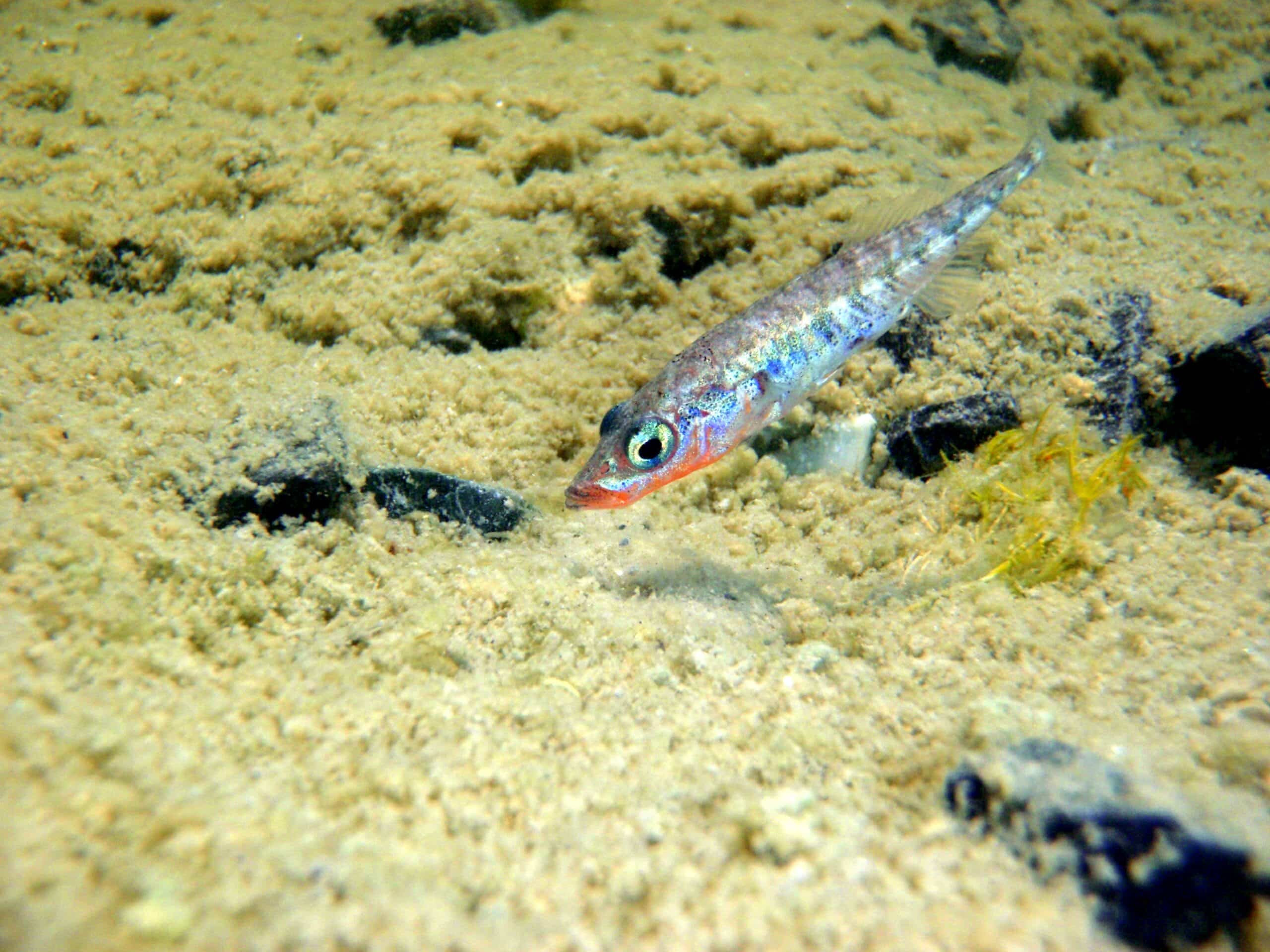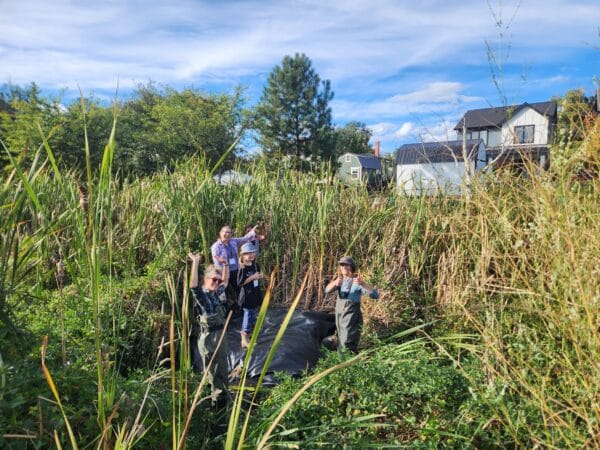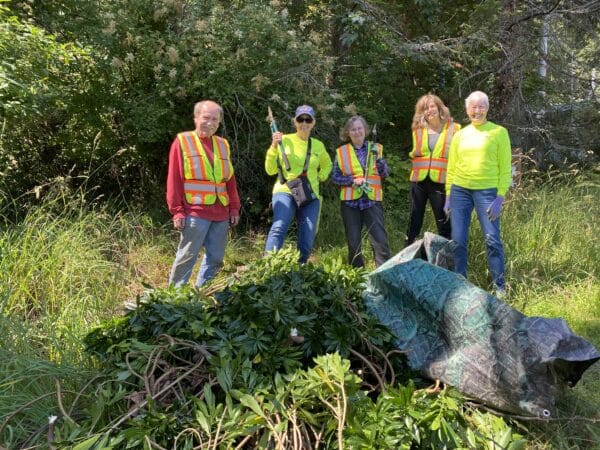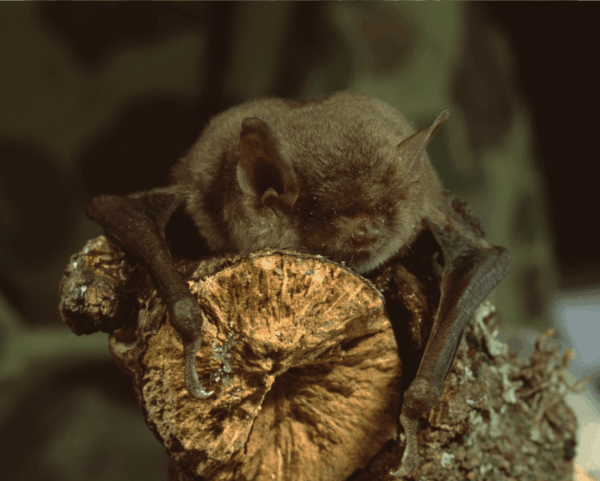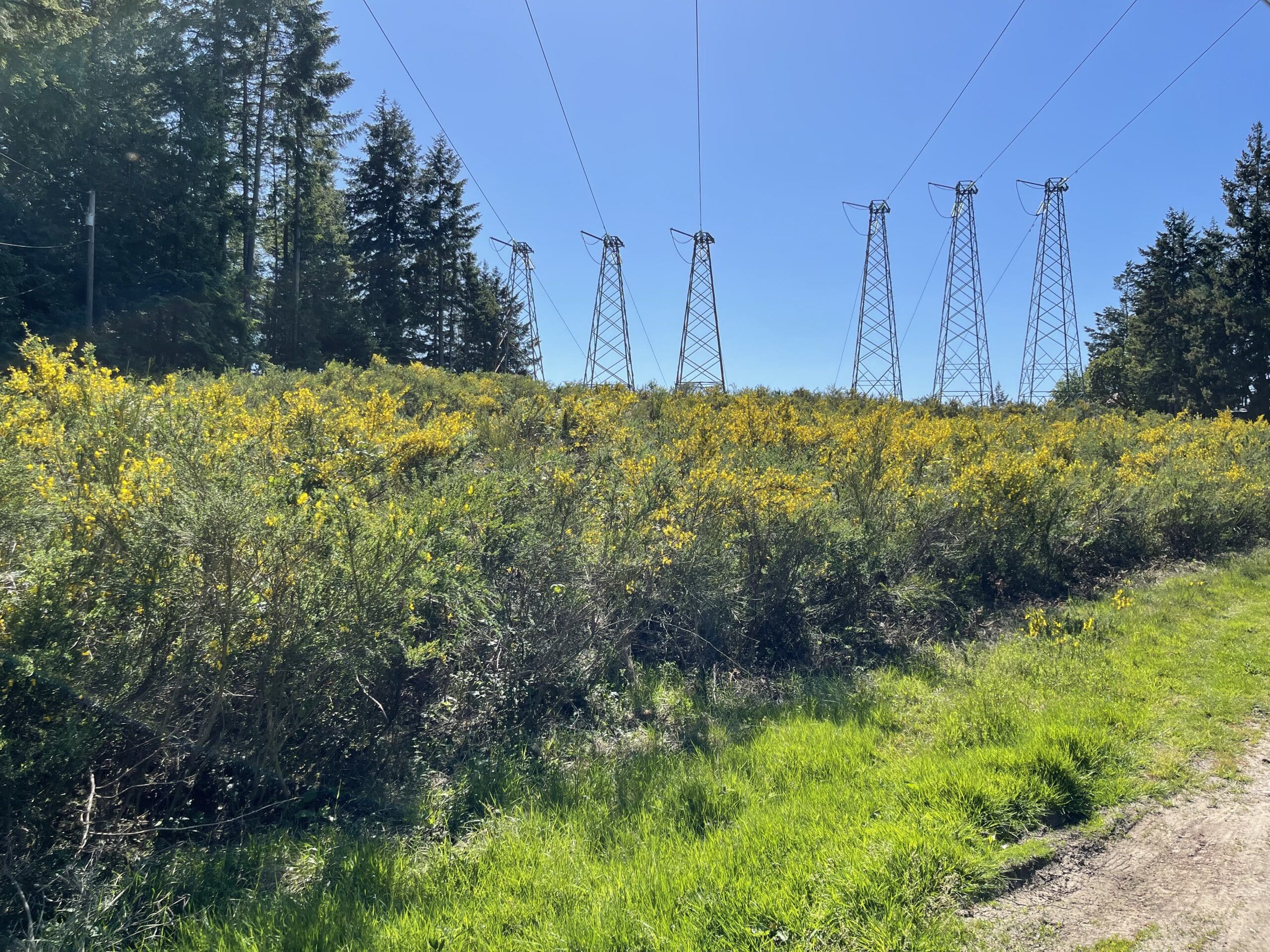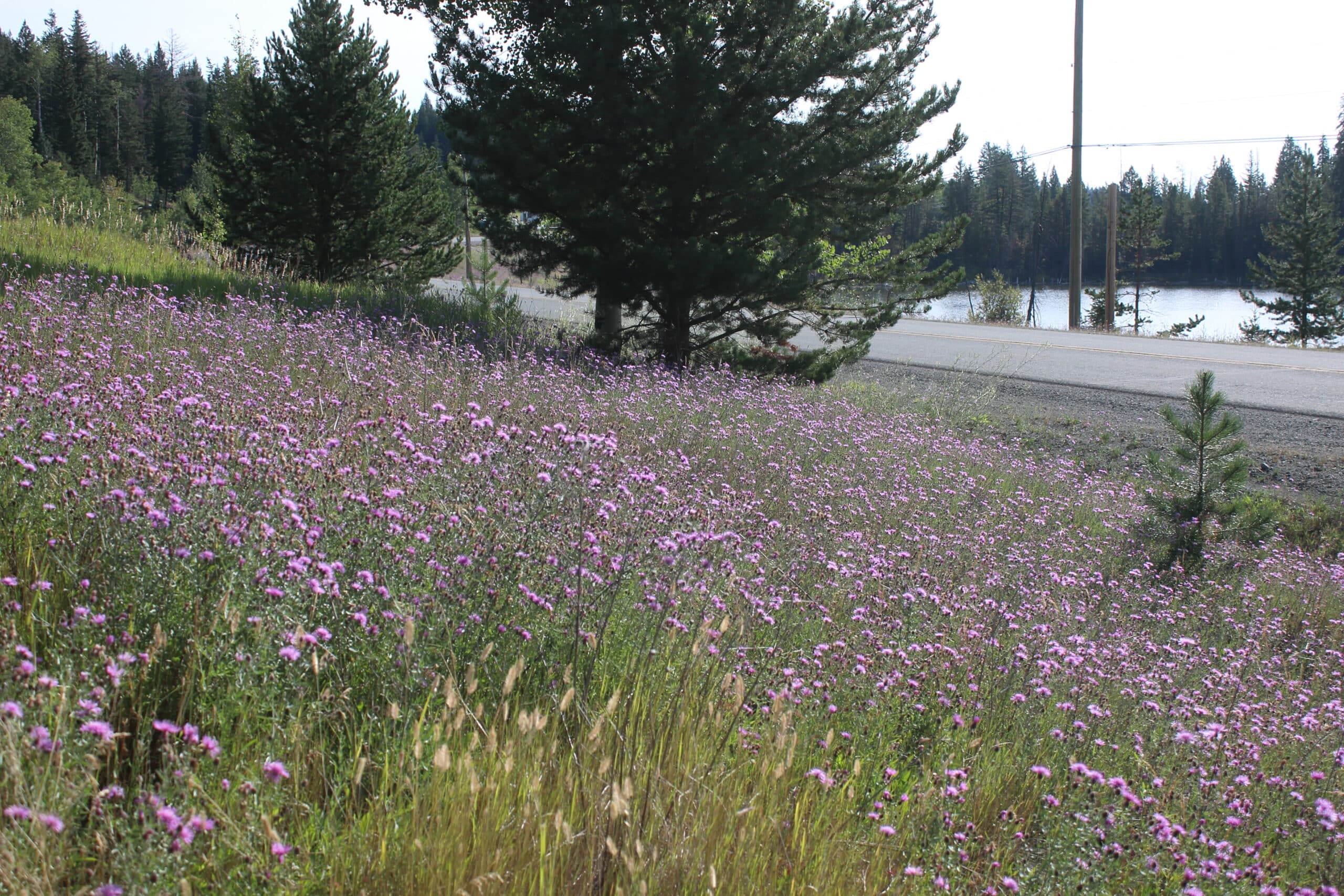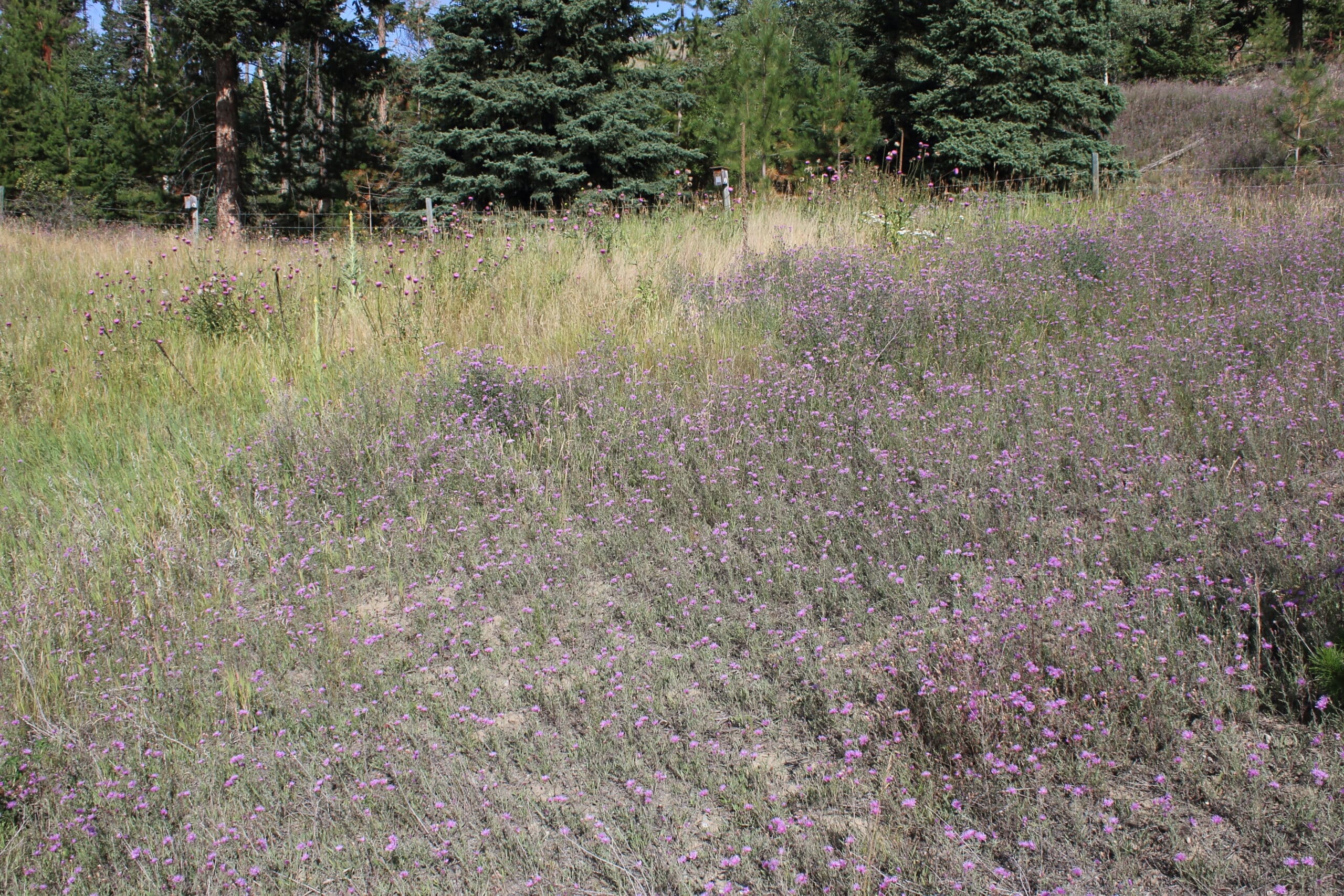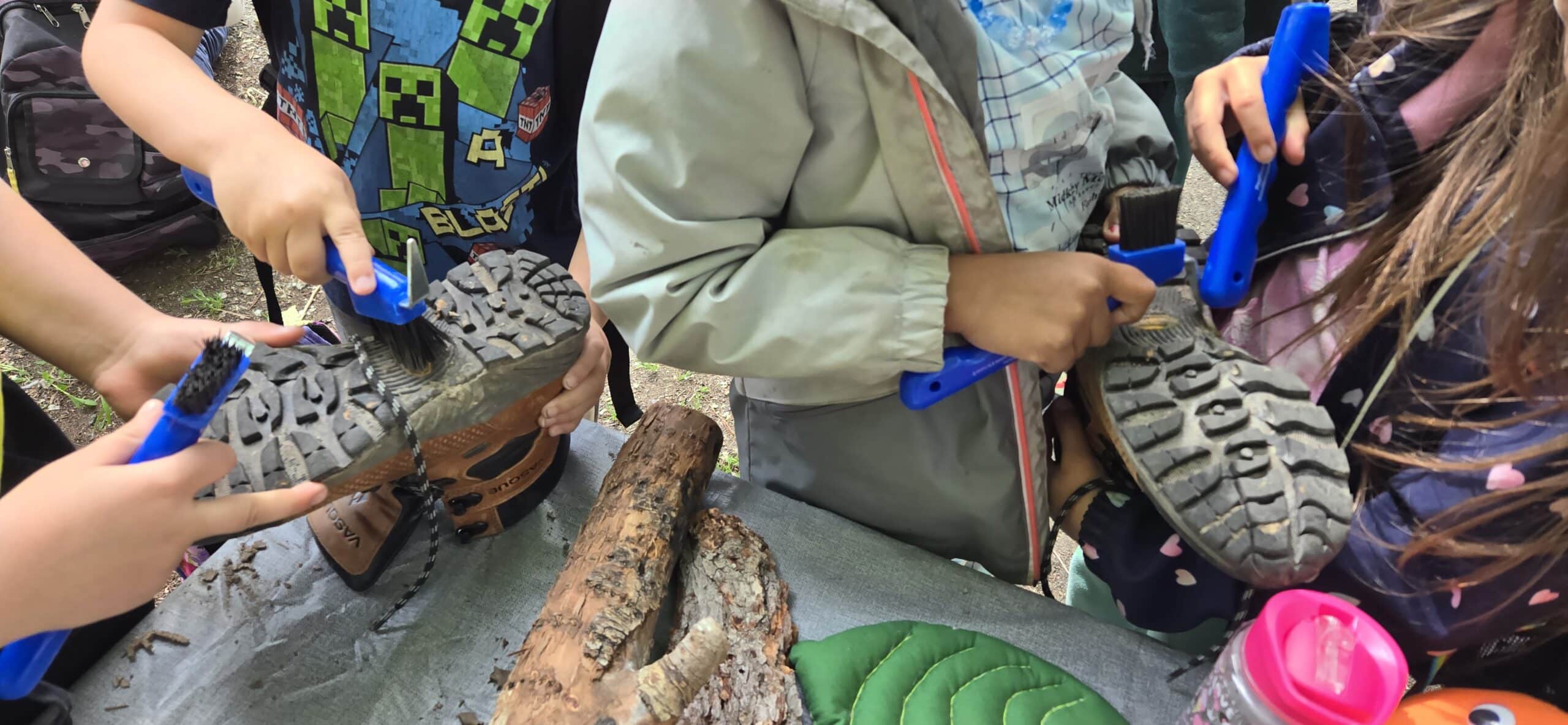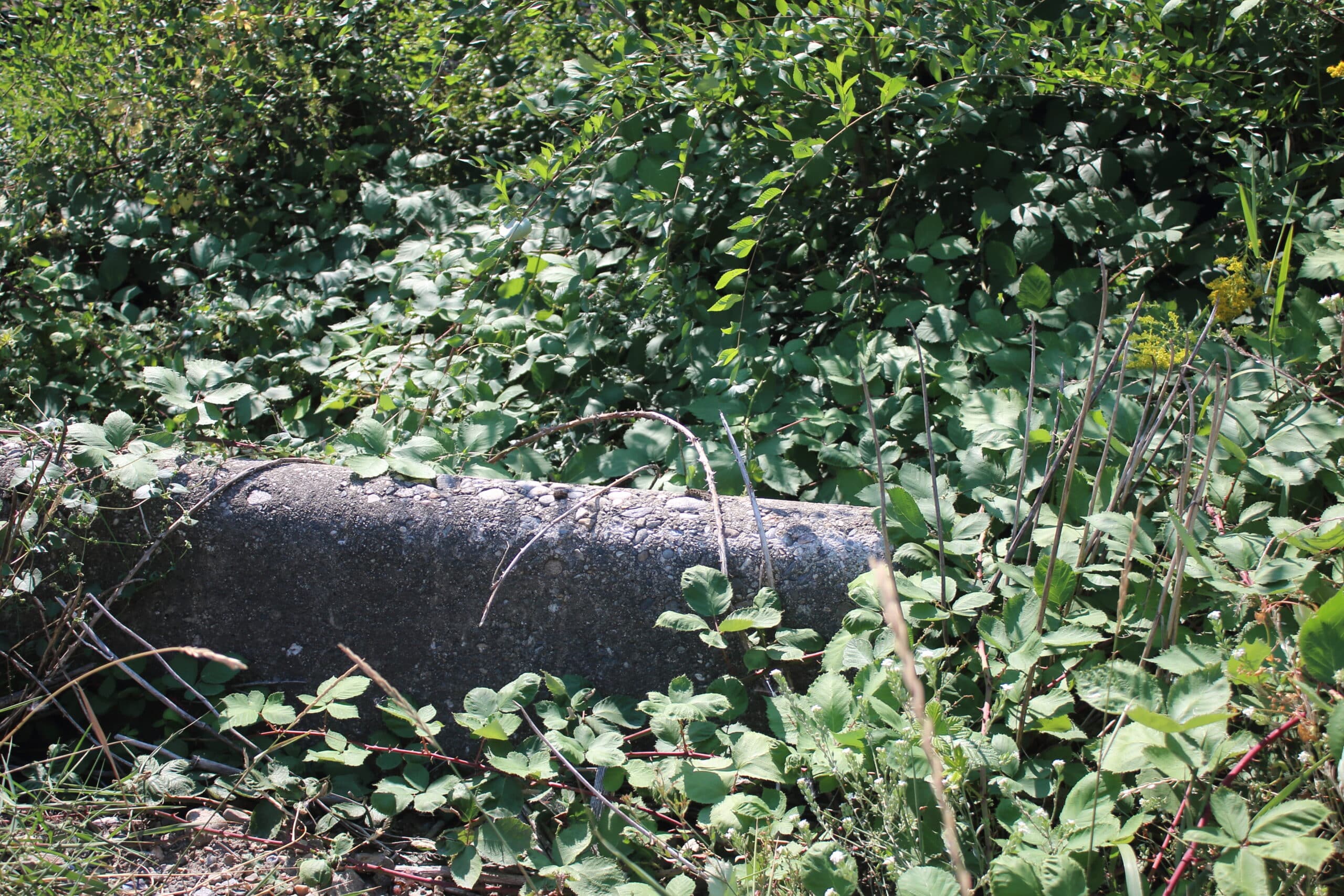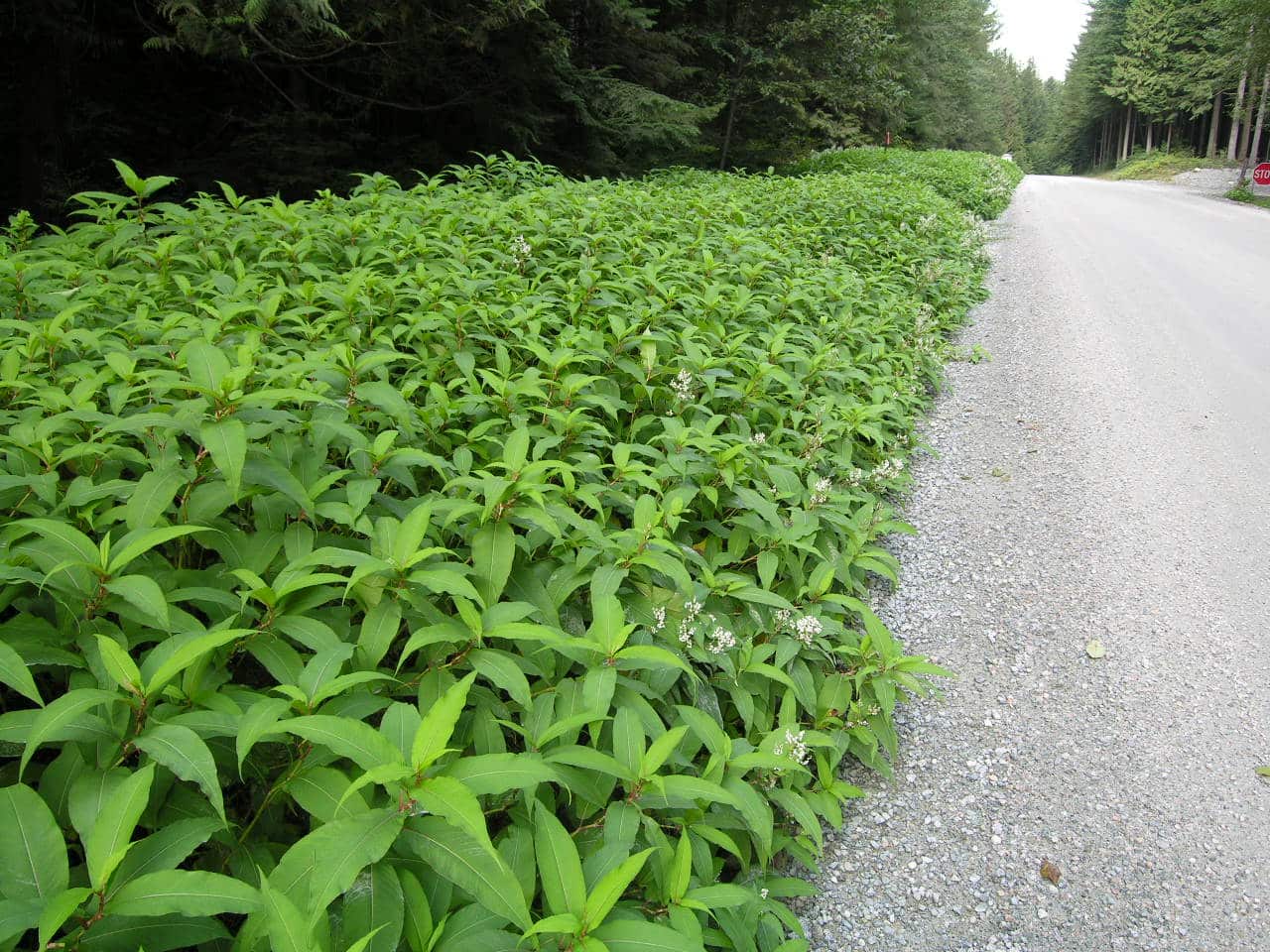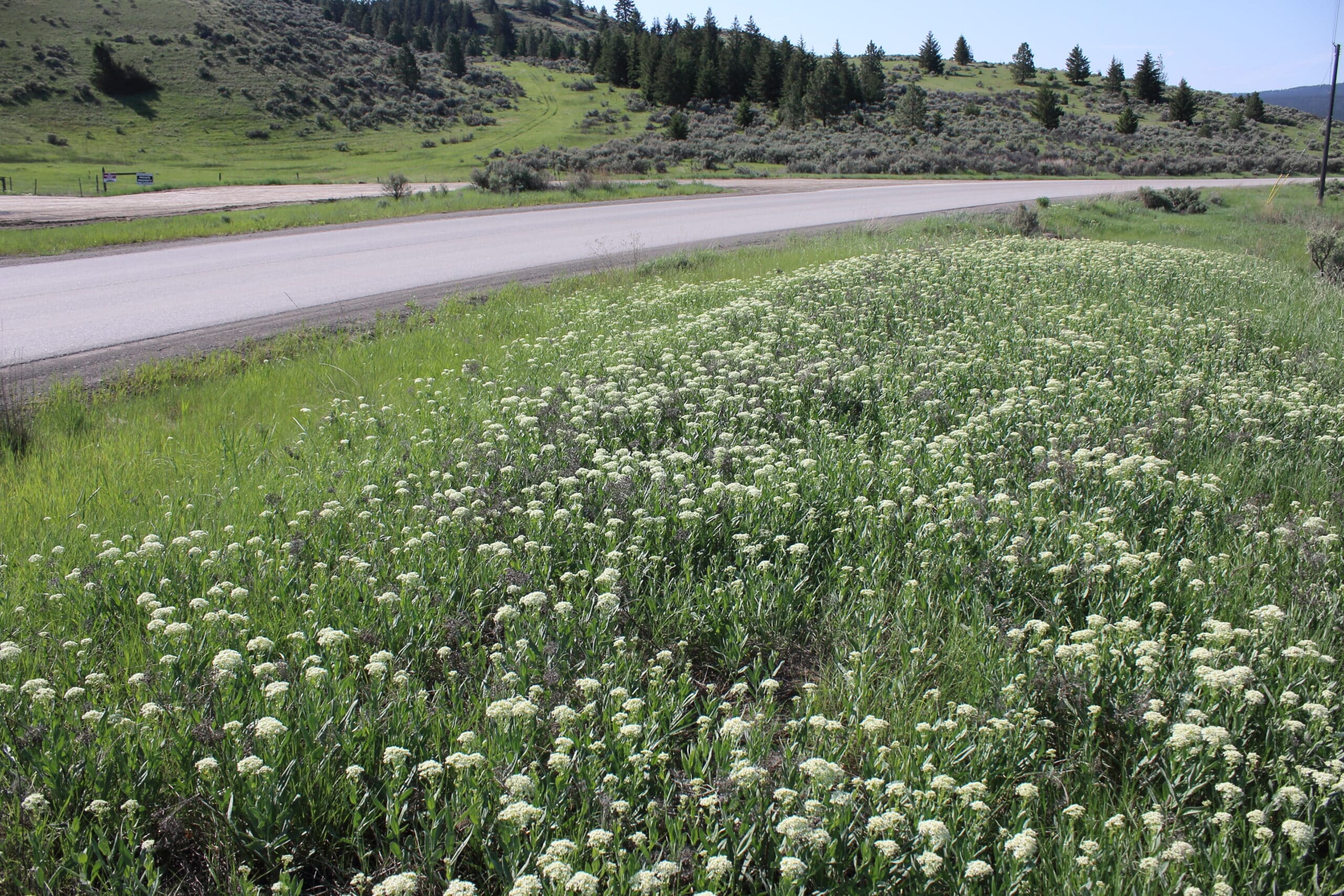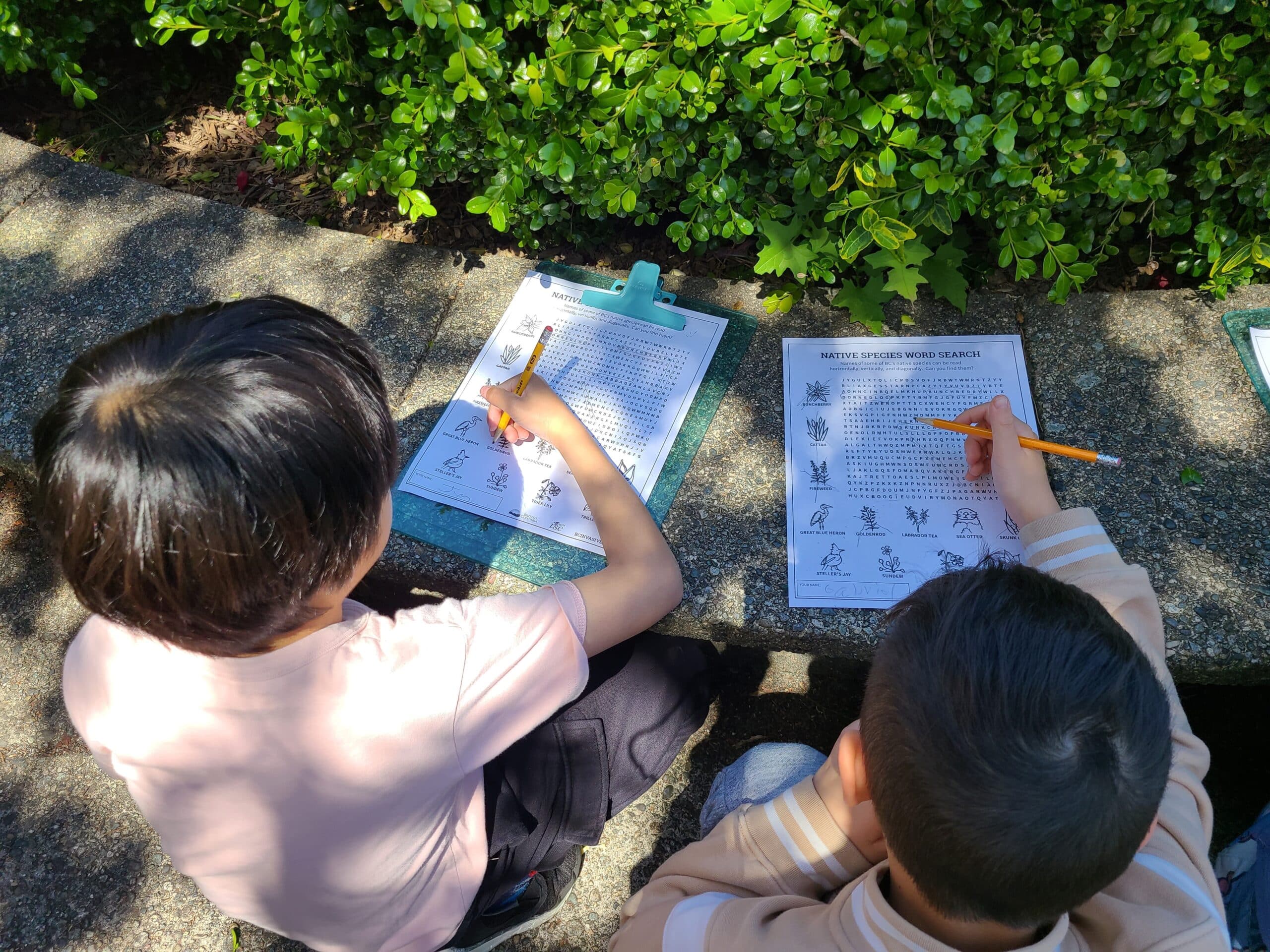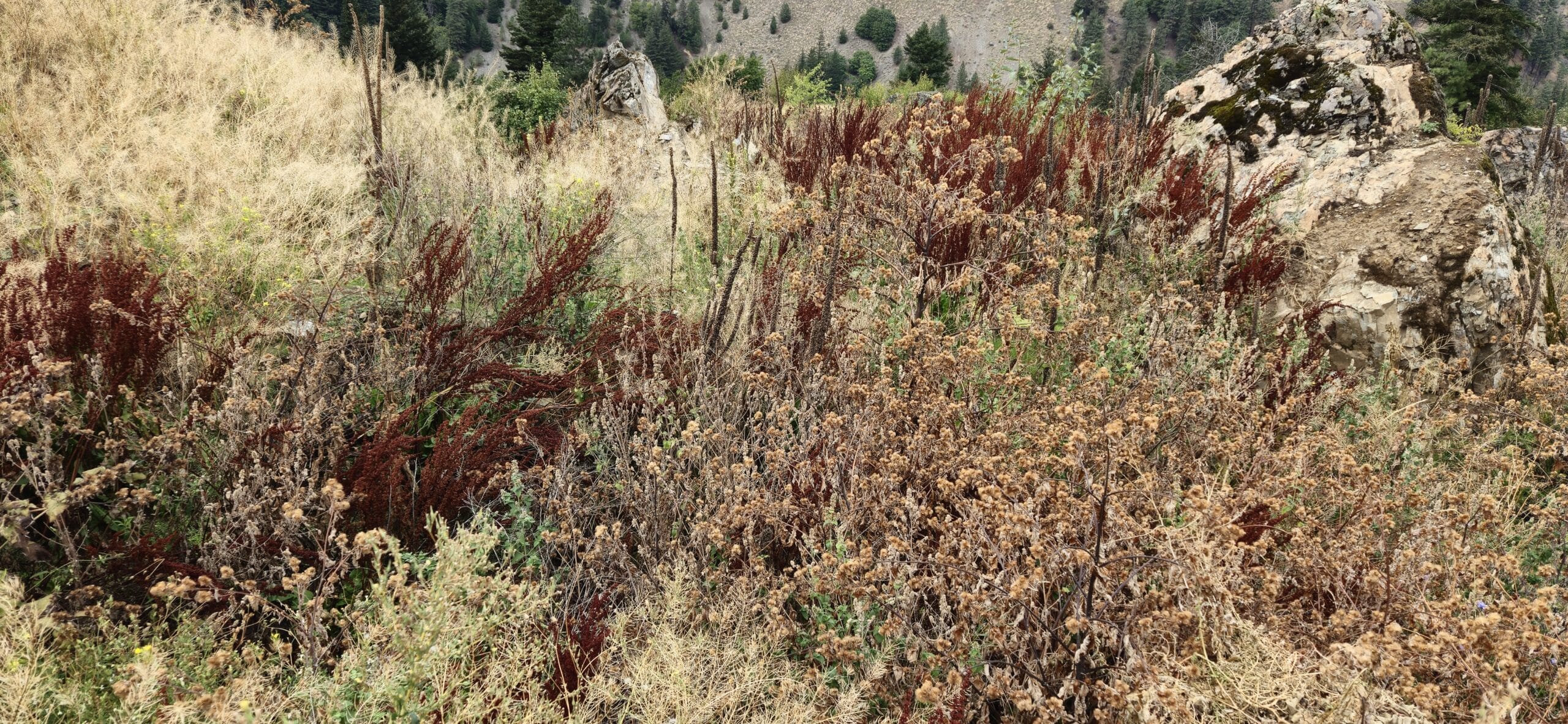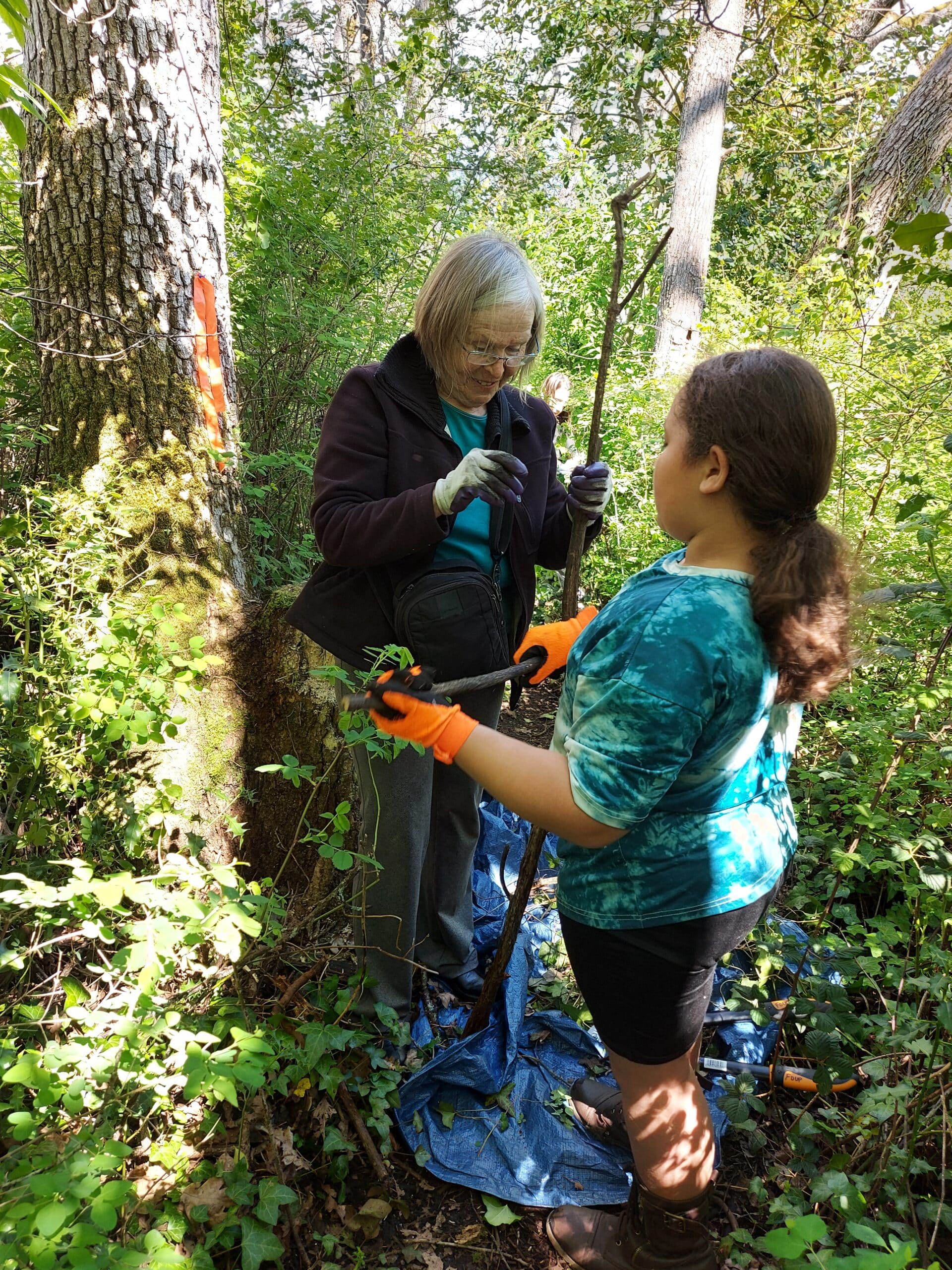By Robyn Lakes & Stephanie Weinstein / August 15, 2024
Texada Island is home to some unique underwater residents – the stickleback species pairs. Today, the only place on the planet where these special fish are found is in five small lakes on the Sunshine Coast: four lakes on Texada Island, and one lake on Nelson Island. This unique story is a shining example of B.C.’s biodiversity, one with global significance. The stickleback species pairs had also been found in two other lakes – one on Vancouver Island and the other on Lasqueti Island – but they disappeared following the introduction of aquatic invasive species. The populations that remain are highly vulnerable to extinction, so many organizations have banded together to ensure they are protected.
The stickleback species pairs are among the youngest species on Earth. Unlike most organisms that evolve over millions of years, the stickleback species pairs have been around for less than 13,000 years. They rapidly evolved from the common marine three-spined stickleback into two separate and distinct forms since the end of the last Ice Age.
With unique anatomy, diet, and behaviours, these species pairs are highly valuable to scientists around the world who study evolution and biodiversity.
The stickleback species pairs consist of two closely related species – the “limnetics” and the “benthics” – that coexist in the same bodies of water. The limnetics are small, sleek, spiny fish that live in schools in the open water (the limnetic zone of the lake) where they eat plankton. The benthics are larger, solitary fish with smaller spines. They are camouflaged in the shallows (the benthic zone of the lake) where they eat invertebrates.
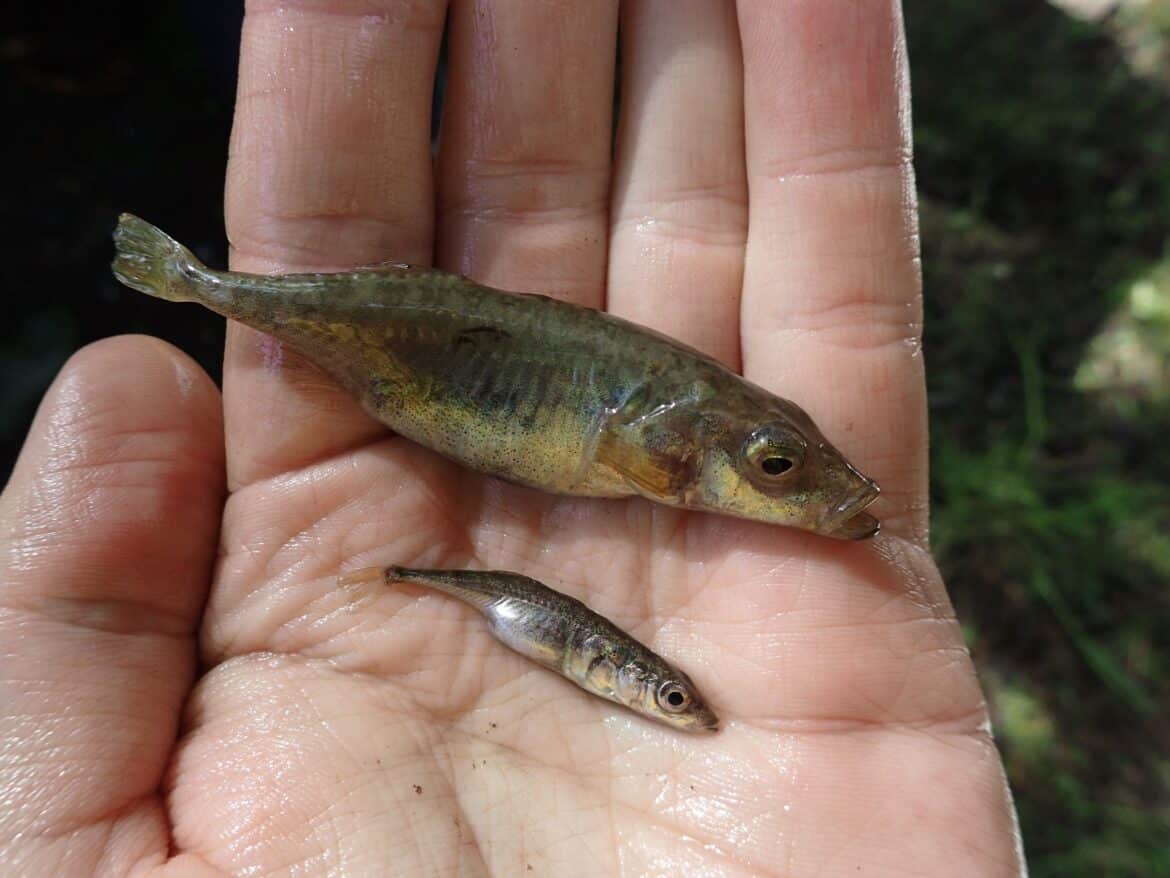
In March, three ISCBC staff members traveled to Texada Island to learn from local experts and work with partners including the Texada Elementary School and NatureKids BC Family Club. Teaching children, educators, and parents about the stickleback species pairs found on their island, the team shared what makes a healthy stickleback habitat. To protect this sensitive area from invasive species, participants were shown how to identify and remove invasive plants and how to conduct water quality testing.
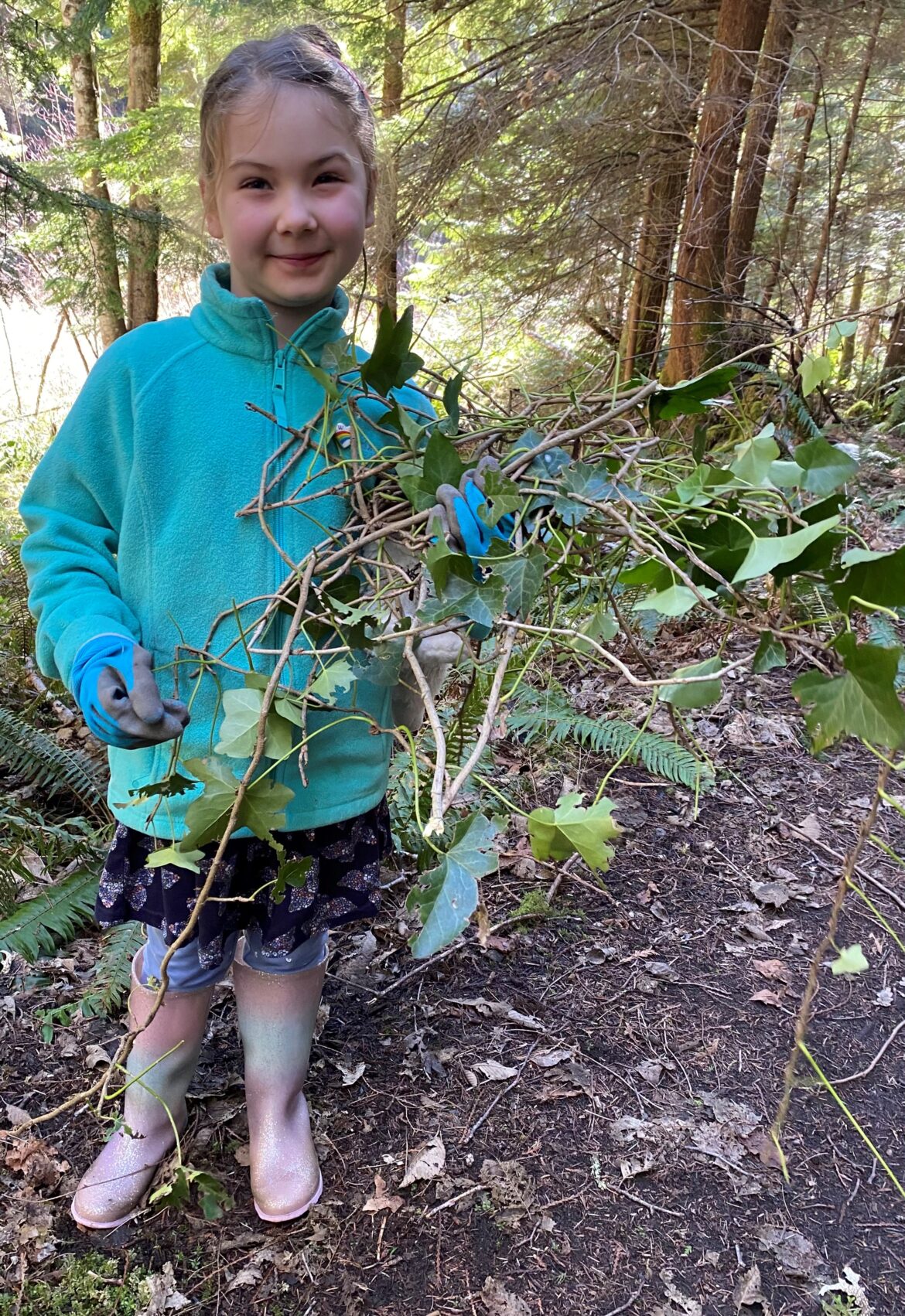
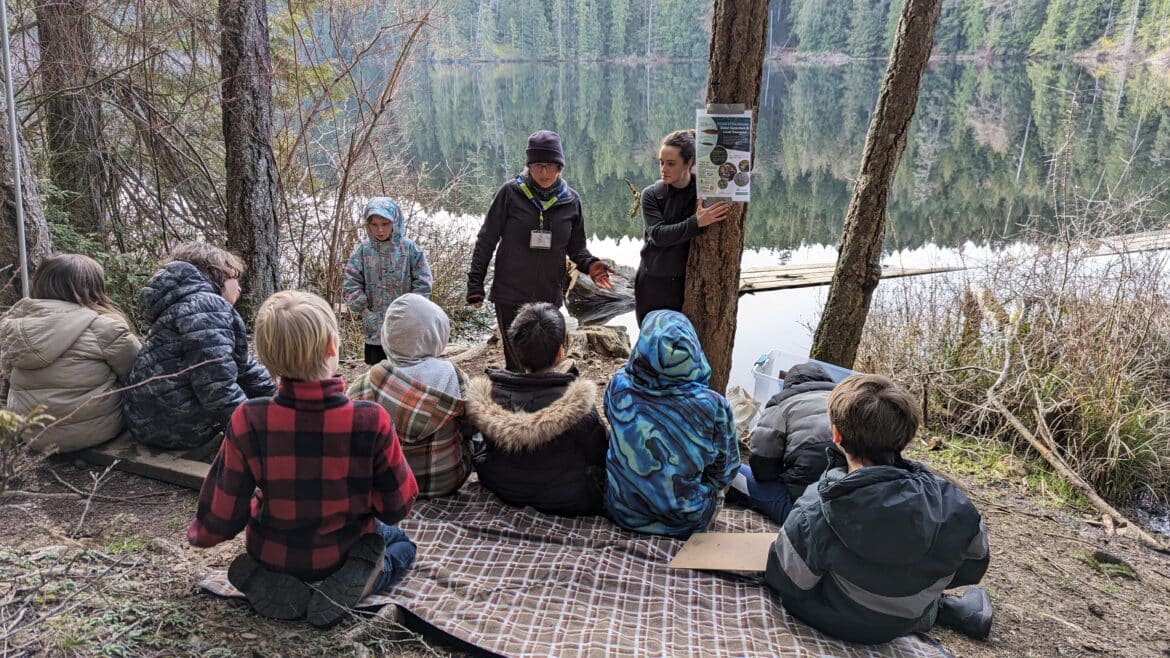
The ISCBC team returned to Texada in July for some outreach at the island’s famed Sandcastle Weekend festival. They engaged with more than 200 locals and visitors, sharing information on endangered stickleback species pairs and how to prevent the introduction and spread of invasive species. If you live in or travel to Powell River or Texada Island, watch for the informative stickleback posters on local message boards and on the B.C. Ferries ‘Island Discovery’ vessel, which takes passengers in and out of the area.
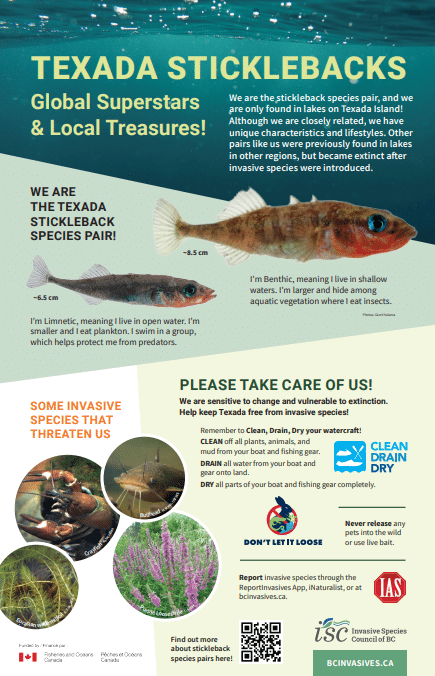
Invasive species are considered one of the greatest threats to the stickleback species pairs. As they are confined to a handful of lakes, the species pairs are extremely vulnerable to change and disturbance in their environment. Two populations of stickleback species pairs on Vancouver Island and on Lasqueti Island were snuffed out with the introduction of the signal crayfish – a species not native to that lake – and the introduction of the invasive brown bullhead.
So how can you help protect the stickleback species pairs and prevent the spread of invasive species? Remember to always Clean Drain Dry! Whenever you take your boat, watercraft, or gear out of a body of water, ensure to clean off all plants, animals, sand, and mud that is attached. Drain all water onto dry land and pull any plugs. Dry all parts of your boat and gear completely before moving to another body of water. And, Don’t Let It Loose! Don’t release any pets, live bait, or plants into our landscapes or waterways. Many harmful invasive species were once pets or part of an aquarium habitat that were improperly – and illegally – released into the environment. Releasing pets into the wild is inhumane, dangerous and illegal.
If you see an invasive species, report it using the Report Invasives BC app. You can also log the observation on iNaturalist or contact ISCBC through bcinvasives.ca, emailing info@bcinvasives.ca, or by calling 1-888-933-3722.
For more information about the Texada Island stickleback species pairs, check out this factsheet available on our website.

Robyn Lakes is a Invasive Species Ambassador. You can reach Robyn at rlakes@bcinvasives.ca.
Stephanie Weinstein is the Education Lead with the Invasive Species Council of BC. You can reach Stephanie at sweinstein@bcinvasives.ca.
Share


